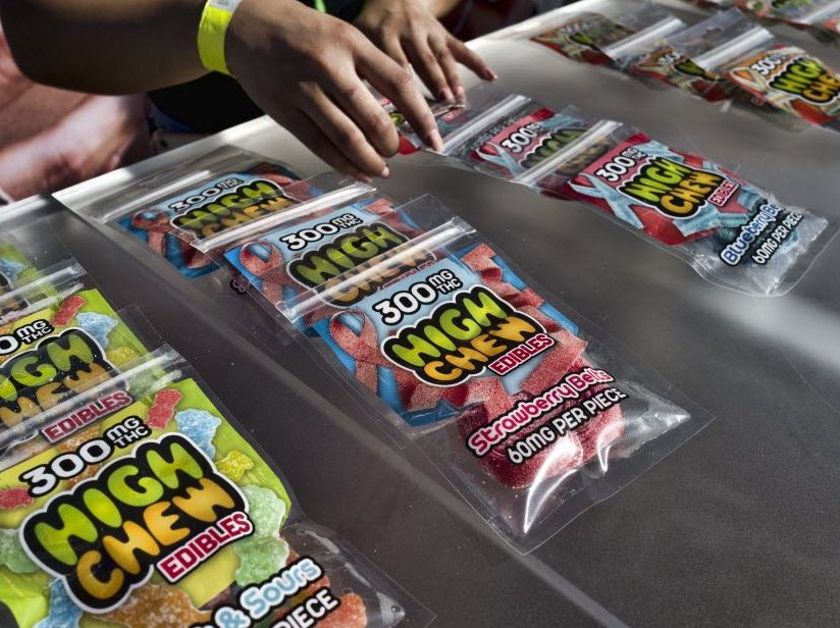You are here
Home 🌿 Recreational Marijuana News 🌿 Edible pot and protein wars to shake up food industry 🌿Edible pot and protein wars to shake up food industry

Sylvain Charlebois, a professor of food distribution and policy, said much of the processing industry has stood on the sidelines waiting to see the federal regulatory framework for edible cannabis, but he expects that companies will soon start looking to see if there is a fit with their products.
“I don’t think people appreciate how complicated things are going to become in 2019 when edibles will become legal,” he said.
The beverage industry, particularly beer, has been the most proactive in exploring this area, he said.
The federal government released proposed guidelines for edible marijuana in late December, setting up a 60-day consultation period, but a key recommendation would prohibit the sale of cannabis-infused booze.
The guideline proposes that cannabis-laced soda, tea, chocolates and similar items be permitted.
“In 10 states right now in the U.S., edibles are legal and the number one food product sold … is candy,” Charlebois said. “I’m just not sure Canadians are keen to see the same thing happen in Canada.”
Another trend in food is the so-called “protein wars” as consumers hunt for alternatives to meat, especially beef, he said.
“The number of Canadians moving away from meat products is slowly increasing,” he added.
The top reason for limiting or cutting out meat is health, followed by concern for the environment and animal welfare, he said.
The high cost of meat is also a factor driving changing tastes, he said.
“The agrifood industry should start thinking about options and alternatives,” Charlebois said.
One way to address the challenge would be to accept that people might consume meat with other products, and market it that way, like a meat and lentil loaf, he said.
“My message to (meat producers) is very simple,” he said. “You really have to accept the fact that you are now part of a much larger portfolio of ingredients for the consumer. Because the consumer is looking around, shopping around for different alternative sources of protein.”
Another shake up that may be in order is the Canada Food Guide which hasn’t changed much since it was launched in the 1940s, he said.
The guide doesn’t really recognize that many people now eat out for a significant portion of their meals, or that they increasingly eat a varied diet.
“Lot of people snack, there’s no mention of snacking, is it OK to snack four or five times a day instead of eating three meals a day?” Charlebois said. “A lot of people don’t eat breakfast or even skip lunch, so those are the kind of things that are missing in the food guide.”
420 Intel is Your Source for Marijuana News
420 Intel Canada is your leading news source for the Canadian cannabis industry. Get the latest updates on Canadian cannabis stocks and developments on how Canada continues to be a major player in the worldwide recreational and medical cannabis industry.
420 Intel Canada is the Canadian Industry news outlet that will keep you updated on how these Canadian developments in recreational and medical marijuana will impact the country and the world. Our commitment is to bring you the most important cannabis news stories from across Canada every day of the week.
Marijuana industry news is a constant endeavor with new developments each day. For marijuana news across the True North, 420 Intel Canada promises to bring you quality, Canadian, cannabis industry news.
You can get 420 Intel news delivered directly to your inbox by signing up for our daily marijuana news, ensuring you’re always kept up to date on the ever-changing cannabis industry. To stay even better informed about marijuana legalization news follow us on Twitter, Facebook and LinkedIn.




